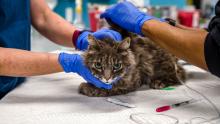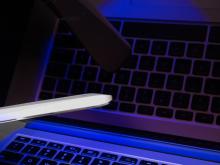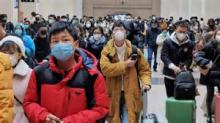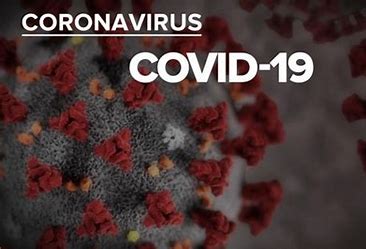2023-Feb 28 - US confirms China lying about Covid-19 Origins
The US envoy to China has called on the country to be "more honest" about the origins of the Covid-19 virus.
His comments come a day after US media reported a federal agency had found the pandemic probably started from a laboratory leak in Wuhan.
China's foreign ministry hit back that the global outbreak's origin "was about science and should not be politicised".
Washington-Beijing ties have been under strain since the US shot down an alleged Chinese spy balloon this month.
Ambassador Nicholas Burns told a US Chamber of Commerce event on Monday that China needs to "be more honest about what happened three years ago in Wuhan with the origin of the Covid-19 crisis".
US media reported on Sunday that a report from the US Department of Energy had concluded in a classified intelligence report with "low confidence" that the virus was accidentally leaked by a laboratory.
The energy department had formerly said it was undecided on how the virus began.
Other US agencies have drawn differing conclusions, with varying degrees of confidence in their findings. The FBI in 2021 concluded with "moderate confidence" that the virus leaked from a lab.
Other studies suggest it made the leap from animals to humans at Wuhan's Huanan seafood and wildlife market.
An unclassified report released by the US top spy official in October 2021 said that four US intelligence agencies had assessed with "low confidence" that it had originated with an infected animal or a related virus.
White House national security spokesman John Kirby said on Monday there was still no firm finding either way.
"There has not been a definitive conclusion and consensus in the US government on the origins of the Covid-19 pandemic," he told reporters when asked about the energy department's reported determination.







